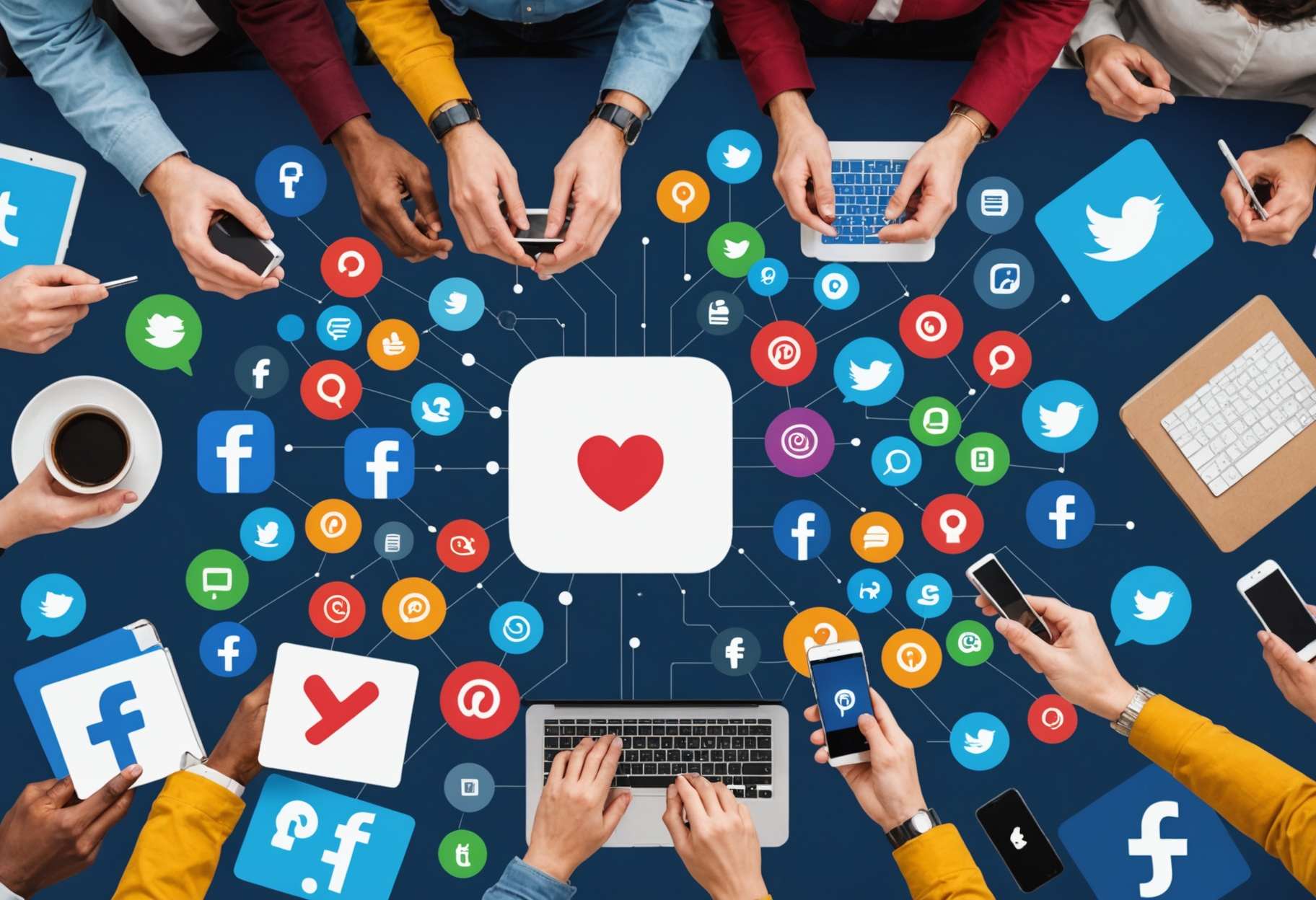Discover the Impact of Social Media on Mental Health: Navigating the Digital Landscape Safely

In today's digital age, social media has woven itself into the fabric of our daily existence, providing platforms for communication, self-expression, and connection with others. However, its omnipresence also raises critical concerns regarding its effects on mental health. Understanding these potential impacts and learning to navigate the digital landscape responsibly is essential. This exploration will address social media's effects on mental health and outline strategies to foster a healthy relationship with technology.
Comparison and Self-Esteem:
A significant challenge of social media lies in the tendency to compare oneself to others. These platforms often showcase curated and idealized portrayals of individuals' lives, which can foster feelings of inadequacy and diminished self-esteem. It is vital to recognize that social media serves as a highlight reel—everyone grapples with their own challenges and insecurities. Embrace self-compassion and concentrate on your personal journey instead of measuring your worth against others.
Fear of Missing Out (FOMO):
Social media can intensify feelings of missing out on exciting events and experiences highlighted by peers. This FOMO may lead to loneliness, anxiety, and a skewed perception of one’s own life. It’s important to understand that social media frequently reflects a sanitized version of reality, and that offline relationships and experiences are equally significant. Pursue activities that bring joy and fulfillment without the need to seek validation or comparison online.
Cyberbullying and Online Harassment:
The anonymity afforded by social media can unfortunately give rise to cyberbullying and online harassment. Such experiences can have profound effects on mental health, leading to anxiety, depression, and low self-worth. It's crucial to be cautious about the content you share online, utilize privacy settings to manage your online presence, and report any bullying incidents. Offering support and understanding to victims of online harassment is essential for fostering a safe and inclusive digital environment.
Information Overload and Anxiety:
The relentless flow of information on social media can contribute to overwhelming feelings of information overload and anxiety. The rapid spread of both accurate and misleading news can exacerbate stress. Engage in mindful consumption by establishing limits on scrolling time, validating information before sharing, and participating in activities that encourage relaxation and stress relief.
Digital Detox and Self-Care:
Implementing regular breaks from social media, often referred to as digital detoxes, is crucial for a healthy technology relationship. Dedicate time to self-care activities like enjoying nature, pursuing hobbies, or nurturing offline relationships. Set clear boundaries regarding device usage, particularly before bedtime, to enhance sleep quality and mental health.
Cultivating Positive Online Interactions:
Though social media has its drawbacks, it also presents opportunities for positive interactions and support networks. Engage with communities that resonate with your interests and values, fostering authentic connections. Exhibit digital empathy and kindness by uplifting others, fostering positivity, and engaging in respectful dialogues.
Seek Professional Support:
Should social media usage negatively affect your mental health, consider seeking professional assistance. Mental health experts can offer strategies to manage social media's influences and address underlying issues such as anxiety or low self-esteem that may be intensified by online experiences.
In conclusion, social media's role in our lives is undeniable, and its impact on mental well-being warrants serious consideration. By recognizing the challenges it presents and adopting strategies for responsible engagement, we can create a healthier relationship with technology. Embrace self-compassion, mindful engagement, and digital detoxing, while promoting positive online interactions. We have the capacity to shape a balanced digital environment that supports our mental health and enables us to enjoy social media's benefits while mitigating its adverse effects.
Share this article




